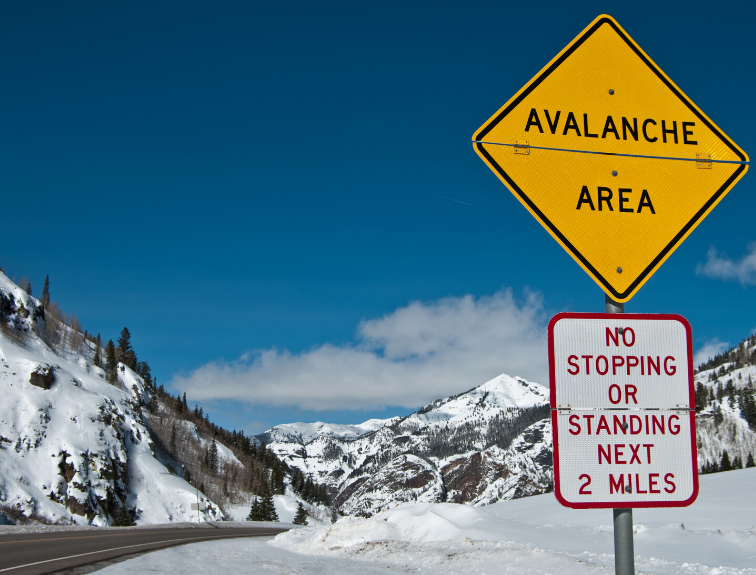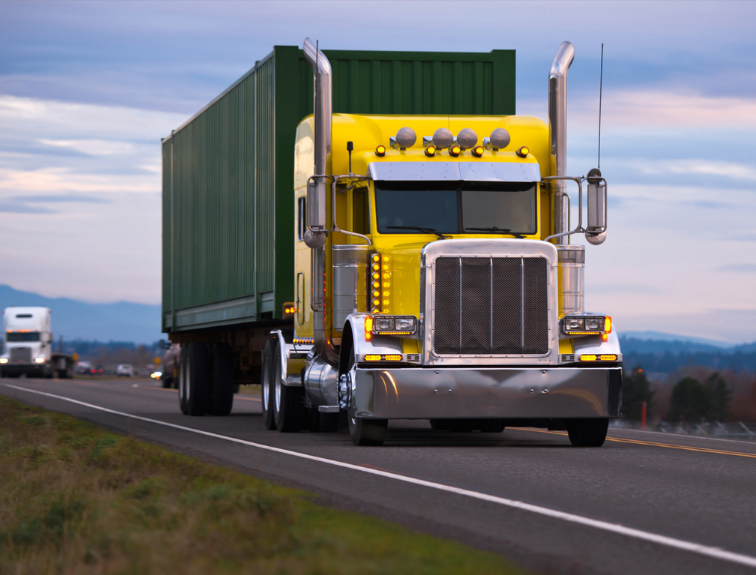Colorado Winter Driving

Though the average annual snowfall in Colorado Springs is about 39 inches and 56.3 inches in Denver, snowstorms aren’t the norm. But when the snow dumps, you have to be ready! Here are some tips on how to drive safe during Colorado winters.
Pay Attention to Weather Alerts
You can do this by listening to the radio or from alerts on your phone, but knowing what’s ahead will help you know how to prepare.
Prepare for the Worst-Case Scenario
When traveling long distances, you never know when you’ll run into a snow or ice storm and preparing for the worst will always pay off. Make sure to include the following items in your cab before heading out:
- Hat, gloves, jacket, and blanket
- Extra food & water
- Salt or sand (to help your tires gain traction)
- Windshield scraper
- Extra fuel
- First aid kit
- Sleeping bag
- Shovel
All of these items will be especially handy if you get stuck on the side of the road and don’t have help readily available.
Check Out Your Equipment & Be Prepared
In addition to your pre-trip inspection that you would usually do, make sure to treat your fuel, have extra windshield wipers, check your headlights and brake lights, then make sure that your windows are all free of ice to keep your visibility high.
Colorado winter driving also requires some essentials:
- Functioning heater and defrost
- Snow tires
- Snow chains
- Ice scraper
- Flares
- Sand/traction mats
Control Your Speed to Avoid Skidding
One of the scariest situations to be in as a commercial driver is when you can’t stop your truck and you start to slide. One way to avoid this is to keep your speed lower than normal so that you will be able to slow down in a more controlled fashion. If you begin to skid, remember to pump the brakes, shift to neutral, turn the wheel in the direction you want to go and at the end of the skid, put your truck in gear instead of coming to a stop.
Don’t Be Afraid to Stop
At the end of the day, safety is the most important thing. Don’t be afraid to pull off of the road and wait until conditions clear up to move forward. It’s much better to be a little late to your destination than to put yourself or your truckload at risk.
Think you can manage Colorado winter driving in a big rig? The right training makes all the difference. If you want to become a professional truck driver that has the right skills to take on all different kinds of weather conditions, then our truck driver training courses are the way to begin your career in the trucking industry!
Give us a call! Let’s talk about enrollment and registration requirements.
In Denver: 1-800-727-7364, or Colorado Springs: 1-800-666-7364


